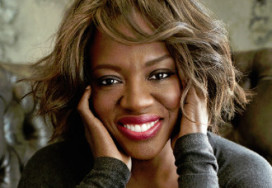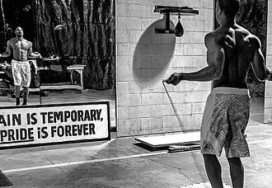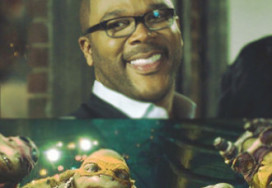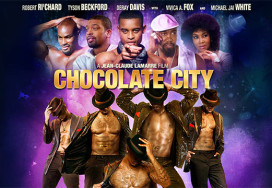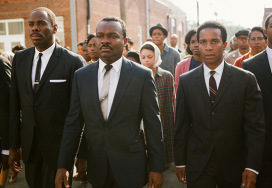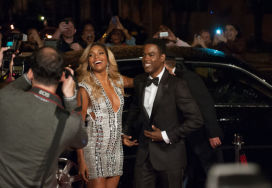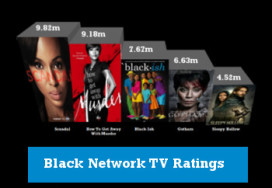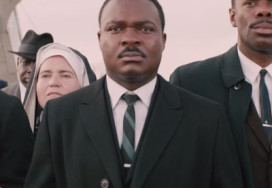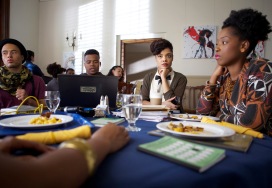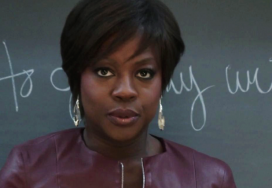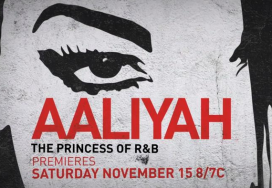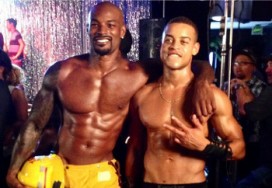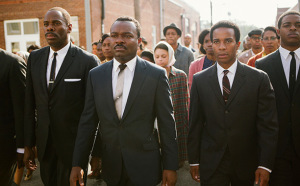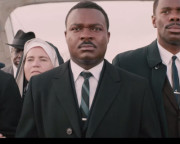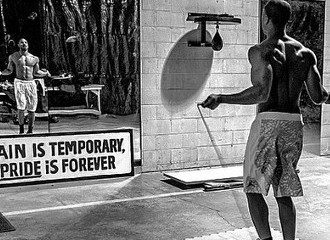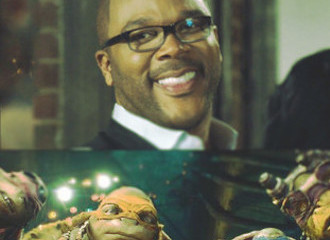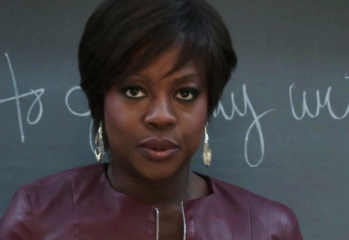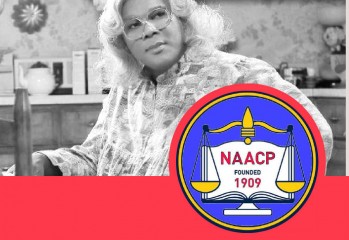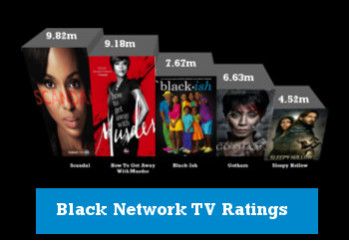Blallywood Film Review: Selma
Imagine having your entire life boiled down to four monosyllabic words. Everything you’ve accomplished, every life you may have touched, every person you loved, and every moment of exhilaration minimized and reduced to a sentence on a page in a text book. For a normal person like you and me, that wouldn’t be such a big deal; but for Martin Luther King, Jr., it’s a travesty. MLK is an icon for his cerebral and spirited leadership during the Civil Rights Movement but few people know more than what is published in our oversimplified history books or what is glossed over during the obligatory Black History lessons every February. Selma could easily become the definitive cinematic depiction of the Movement’s genesis and thankfully it far transcends “I have a dream.”
The film centers on the very specific efforts of blacks to win the right to vote in the South. Although the civil rights act of 1964 made segregation illegal, many local governments made it impossible for black Americans to exercise full citizenship. MLK along with other leaders from the Southern Christian Leadership Conference led carefully organized peaceful demonstrations to gain the attention of the media and force President Johnson’s hand in signing further legislation to guarantee black citizens the right to vote.
The cast is largely comprised of lesser known actors. The biggest star of the bunch is probably Oprah and her role, though important, is only a feature. David Oyelowo is known for recently starring alongside Forrest Whitaker in The Butler and stars as King. He gained a whopping 30 pounds for the role. Carmen Ejogo is his attentive and loving wife Coretta, known for her sophisticated style and refinement. There are many pleasantly surprising casting decisions, namely Ledisi as Mahalia Jackson. She delivers a captivating performance a capella in a phone call to King just before his first trip to Selma. British actor Tom Wilkinson has a memorable turn as Lyndon B. Johnson.
The arc of the film is razor sharp with clear and clean focus on subject moment to moment. Every moment and every storyline compliment the main point to a poignant degree. Every frame is thoughtful, meaningful, and offers a bit of deep symbolic significance. The color palate is pale and muted offering sharp bits of color for emphasis. One scene in particular just after a failed attempted at the first march in Selma, King is being cross examined by members of the leadership team in the sanctuary of a church. DuVernay blocks the scene such that Oyelowo’s back is to the pulpit and the other actors are in the pews facing him. It takes a few frames but when the camera locks in on Oyelowo and the grand high hanging cross is just above his shoulders as the other SCLC leaders are “crucifying” King, the tableau is unforgettable. The imagery is just masterful.
The music is relatively obscure tracks from the time period- you won’t hear any hit songs, which is a great technique that kept my brain engaged. Hit songs often take on a new more contemporary meaning as they age since they become more connected to aural memory rather than a period of time. The obscurity of the music communicated period in a way that felt natural and authentic.
My initial fear was that the film would depict King as an earthly deity devoid of vulnerability. On the contrary, DuVernay successfully demystifies King in a way that is refreshing and quite powerful. She focuses on King the man in such a clear and concentrated way. We see his insecurities, his blunders, his anger, his uncertainty, and even his improprieties. In a gorgeously still scene written by DuVernay, Coretta confronts Martin about being unfaithful. A topic most directors would have probably avoided completely is brilliant tackled by DuVernay and the capable cast. DuVernay proves she is one of the great contemporary cinematic visionaries. Selma is a graduate level course in American history that successfully synergizes historical documentary tone and traditional cinematic narrative line.
Do not walk. Run to see Selma. This film is all too relevant as we deal with racial unrest and ruthless police brutality across the country today. And take a few friends because without ticket sales to prove demand, Hollywood will not invest in these important stories. This is one not to be missed. A+.

